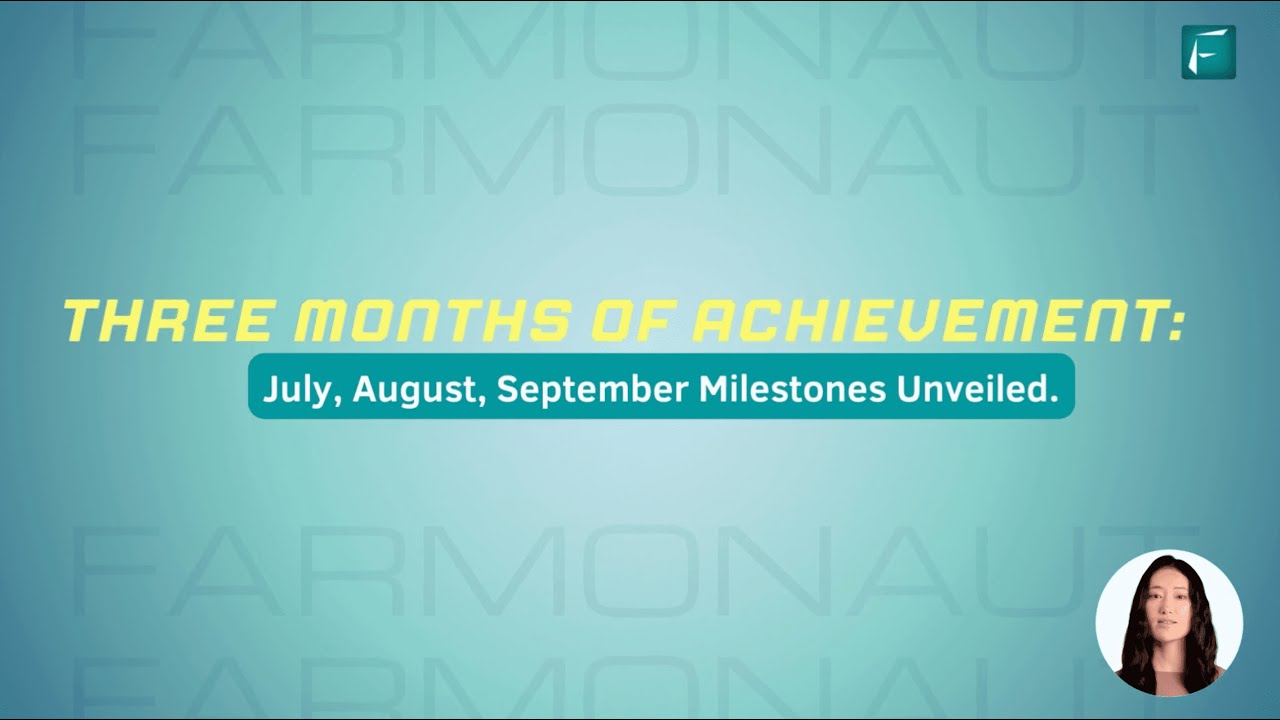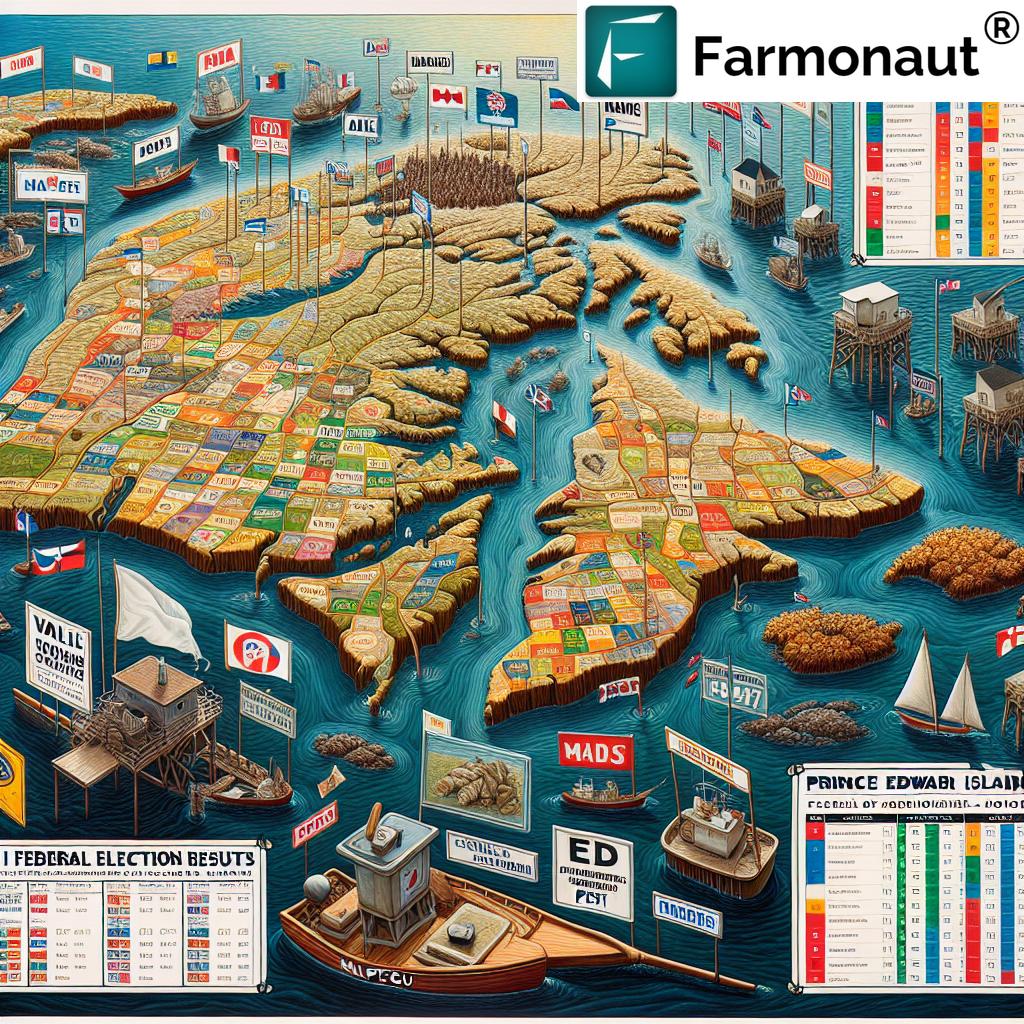Canada vs Massachusetts Real Estate: 7 Key Investment Finance Insights
“Canada’s average real estate investment yield is 4.2%, while Massachusetts commercial properties average 5.1% annually.”
Introduction: Understanding Real Estate Investment Finance
As global investors and analysts, we recognize the immense value in comparing different markets before making sound financial decisions. A thorough understanding of real estate investment Canada and infrastructure finance in Massachusetts is increasingly crucial for asset allocation, institutional investments, and strategic diversification.
From Toronto’s bustling property scene to Boston’s established asset management ecosystem, the North American investment landscape is evolving rapidly. In this comprehensive report, we leverage leading data points—evaluating entities such as Dundee Corporation (Canada) and Acadian Asset Management (Boston)—and draw insights into asset management practices, institutional ownership, risk profiles, profitability measures, and new technologies impacting the agriculture and energy sectors.
Whether you’re a private investor, financial professional, or institutional fund manager, our serious, data-driven analysis—presented in clear subheadings, tables, and visual content—will help you navigate the nuances of cross-border real estate and investment finance.
1. Comparative Overview: Canada vs Massachusetts Real Estate Investment
Let us commence with a comparative framework for analyzing real estate investment Canada and Massachusetts. Factors such as capital appreciation, property yields, taxation, and entry barriers shape the risk-return performance in both regions.
-
Regulatory Environment:
- Canada: Features stability and transparency, industry-led compliance, and robust property rights.
- Massachusetts: Known for detailed zoning laws, complex permitting, and proactive government involvement especially in infrastructure finance Massachusetts.
-
Property Yields & Returns:
- Based on recent data, commercial property yields average 4.2% in Canada versus 5.1% in Massachusetts, reflecting the higher demand and liquidity in Boston’s urban centers.
-
Access to Financing:
- Canadian investors benefit from major national banks and evolving fintech.
- Massachusetts offers strong access to infrastructure finance, partly due to Boston’s strong asset management sector.
-
Asset Classes and Diversification:
- From urban condos and commercial towers to agriculture land investments (agriculture investment Canada), options abound in both markets but with different risk-return trade-offs.
2. Asset Management & Institutional Ownership in Boston and Canada
One of the defining features of asset management Boston is its scale and influence. Boston is a global hub, with its asset management sector overseeing over $4 trillion—far surpassing the total real estate value of multiple Canadian provinces combined.
“Boston’s asset management sector oversees over $4 trillion, surpassing the total real estate value of several Canadian provinces.”
Key Insights:
-
Institutional Ownership:
- Data shows Acadian Asset Management (Boston) has 98.7% institutional ownership versus Dundee‘s 3% (Canada). This indicates tighter, professional asset management oversight in Boston.
-
Risk Appetite:
- Boston-based asset managers typically deploy sophisticated fixed income investment strategies, global equities, and alternative investment markets, enhancing portfolio diversification.
- Canadian asset managers offer a balanced mix of real estate, energy and resources sector investments, infrastructure, and new economy assets like technology or agri-food.
-
Advisory Services:
- Both regions deliver investment advisory services—but Boston’s scale and historic institutional depth give it a strategic edge, particularly in infrastructure finance and sector allocations.
3. Profitability, Risk and Volatility: Insights from Dundee & Acadian Asset Management
Analyzing real estate and asset management investment candidates requires a granular look at profitability, risk, and valuation. Here, we compare financials from Dundee (Canada) and Acadian Asset Management (Boston, Massachusetts): two representative small-cap companies engaged in real estate, energy and resources sector, infrastructure, and asset management Boston.
Profitability Comparison
| Company | Net Margins | Return on Equity | Return on Assets |
|---|---|---|---|
| Dundee | N/A | 24.58% | 19.96% |
| Acadian Asset Management | 16.81% | 1,000.27% | 18.11% |
These figures reveal the returns achievable in both the real estate investment Canada landscape and Boston-based asset management. Acadian stands out for astronomical ROE and superior net margins, signaling robust earnings efficiency and performance, while Dundee offers a competitive asset base and moderate equity returns from diversified investments in sectors such as real estate, energy, resources, agriculture, and infrastructure.
Risk and Volatility Metrics
- Dundee (Beta: 0.42): Lower volatility compared to the S&P 500, suiting cautious, long-term investors.
- Acadian Asset Management (Beta: 1.35): Higher volatility, potentially greater gains (but also higher risk) suitable for active, risk-tolerant asset managers.
Institutional and Insider Ownership
- Acadian: 98.7% institutional, 26% insider (strong institutional confidence in Boston’s asset management sector)
- Dundee: 3% institutional (Canada’s mid-market, diversified sector ownership)
This suggests that for those seeking safety and stable income, Canadian real estate, and hybrid firms such as Dundee, may offer moderation; for advanced growth and potentially outsized returns, Boston-based, institution-heavy vehicles like Acadian Asset Management could be optimal.
4. Real Estate Investment Finance: Valuation, Revenue, and Returns
A rigorous comparison of revenue, valuation ratios, and profitability is vital in real estate investment Canada and infrastructure finance Massachusetts. Let us look deeper at illustrative numbers from Dundee and Acadian Asset Management to grasp wider trends.
Key Valuation Metrics
| Metric | Dundee | Acadian Asset Management |
|---|---|---|
| Gross Revenue | $6.66 million | $505.60 million |
| Price/Sales Ratio | 20.13 | 2.08 |
| Net Income | – $28.75 million | $85.00 million |
| Earnings Per Share | $0.44 | $2.24 |
| P/E Ratio | 3.41 | 12.66 |
We see Acadian Asset Management—with its headquarters in Boston and dominant U.S. profile—paint a picture of consistent growth and institutionally supervised performance. In contrast, Dundee’s numbers denote the challenges and cyclicality that can characterize diversified investment businesses in Canada’s smaller, more resource-dependent market.
When evaluating such financials, we must also consider the broader economic context, taxation, and investor barriers:
- Capital appreciation in Massachusetts urban centers has outpaced many Canadian cities over the last five years.
- Taxation rates (on foreign owners or capital gains) often differ substantially; this can affect final net returns.
- Entry barriers (minimum investments, regulatory approval) may be lower in Canada for certain asset types, offering accessibility for new entrants.
For enhanced portfolio management, consider using digital platforms that provide blockchain-based product traceability and carbon footprinting for real estate and agri-sector investments. Farmonaut’s Traceability Solution (see product brief) brings transparency to both private and institutional investors seeking verifiable, digital asset records in alternative investment markets.
5. Infrastructure Finance: Funding Growth in Massachusetts & Canada
Another key area in cross-border investment decisions is infrastructure finance Massachusetts and comparable efforts in Canada. Infrastructure spending—enabling transport, energy, and digital transformation—serves as a macro tailwind for real estate and asset development.
- Massachusetts: A leader in innovative public-private partnerships (PPPs), with recent infrastructure investment hitting over $10 billion in select years. Boston, as the hub, leverages its large asset management sector to drive co-investments in roads, transit, and digital infrastructure.
- Canada: Initiatives such as infrastructure banks and direct federal/provincial investments back urban housing, renewable energy, and agri-transport corridors. This supports real estate appreciation and agriculture investment Canada by improving connectivity and supply chains.
In both markets, the interplay between large institutional investors (pension funds, insurers, asset managers), government agencies, and new fintech solutions has created a multi-layered infrastructure investment ecosystem, addressing both urban and rural needs.
Modern real estate, agriculture, and infrastructure portfolios depend on precise monitoring and management. Farmonaut’s Fleet Management Platform (use case details) helps asset-heavy industries track resources, optimize logistics, and ensure sustainable, data-driven project execution.
6. Agriculture Investments & The Role of Innovative Agri-Tech like Farmonaut
As climate shifts, population growth, and resource constraints shape global real estate, agriculture investment Canada is gaining traction for both portfolio diversification and ESG (Environmental, Social, Governance) imperatives.
Farmonaut—a pioneering agricultural technology provider—stands at the forefront of this trend. By offering advanced, satellite-based farm management solutions via web, API, Android, and iOS, Farmonaut helps transform both individual farms and large-scale agribusinesses:
- Satellite-based crop health monitoring: Leverages multi-spectral imagery for data on vegetation health, moisture, and critical resources — essential for investment-grade agricultural asset management.
- Jeevn AI Advisory System: Delivers hyper-local, AI-driven insights, improving productivity and operational efficiency for agriculture investment Canada portfolios.
-
Blockchain traceability: Ensures transparent supply chains for commodities and processed goods, vital for public equity investments demanding verifiable ESG compliance.
See more at Farmonaut’s Traceability Solution. - Carbon Footprinting: Agricultural investors and asset managers leverage Farmonaut’s real-time emission tracking to comply with ESG standards and ensure responsible, sustainable investing.
- Resource & Fleet Management: Access to digital fleet tracking enables real-time logistics optimization—reducing operational costs in both agri and infrastructure investment portfolios (see platform benefits).
- Real-time crop monitoring APIs: Developers and enterprises in both Canada and Massachusetts can embed Farmonaut’s satellite-data API for custom dashboards; explore documentation here.
Farmonaut Platform Accessibility
Get started via:
For large-scale land managers in Canada and the U.S., the Agro Admin App (see product page) offers a robust platform for end-to-end management.
7. Building a Winning Investment Strategy (Canada & Massachusetts)
How should investors synthesize all of the above into actionable, evidence-based strategy?
-
Diversify Across Sectors:
- Combine traditional real estate investment Canada, Boston’s asset management vehicles, and agricultural or infrastructure finance Massachusetts for greater resilience.
-
Embrace New Technologies:
- Use digital tools for satellite farm monitoring, blockchain-based traceability, or carbon accounting via providers like Farmonaut.
Unlock value in compliance, reporting, and ESG due diligence.
- Use digital tools for satellite farm monitoring, blockchain-based traceability, or carbon accounting via providers like Farmonaut.
-
Leverage Advisory Services:
- Work with experienced investment advisory services—drawing on Boston’s deep asset manager pool and Canada’s sector-specific advisors for corporate finance advisory.
-
Monitor Institutional Trends:
- Analyze shifts in institutional allocations, particularly the increasing role of fixed income investment strategies and alternative assets in large portfolios.
-
Risk Planning:
- Balance high-growth, high-volatility assets (e.g., Boston) with stable, lower-beta Canadian investments; use advanced risk and resource management platforms for analytics and reporting.
Remember, real estate and infrastructure finance markets are cyclical. Ongoing due diligence, accurate data, and adaptable tools—such as Farmonaut’s subscription-based services for farm and asset management—are critical for sustained outperformance.
Comparative Investment Metrics Table: Canada vs Massachusetts Real Estate
| Investment Factor | Canada (Estimated Value) |
Massachusetts (Estimated Value) |
Key Insight / Implication |
|---|---|---|---|
| Average Property Yield (%) | 4.2% | 5.1% | Massachusetts outperforms in commercial yield—higher income for investors. |
| Capital Appreciation Rate (%) | 2.6% (major cities) | 3.4% (urban areas) | Boston’s urban centers lead in growth; Canada offers more stability in smaller cities. |
| Taxation Rate (%) | 22–27% | 24–30% | Comparable, but foreign owner rules may vary—review before investing. |
| Investor Entry Barriers | Lower – fewer restrictions, well-developed REITs | Moderate – more licensing, competitive market | Canada offers easier entry for cross-border and first-time investors. |
| Infrastructure Investment (USD billions, est.) | 48 (annual, national) | 10+ (state, select project years) | Both markets prioritize infrastructure—Massachusetts is a U.S. leader per capita. |
| Asset Management Fees (%) | 0.65 – 1.35% | 0.55 – 1.25% | Competitive fees, Boston asset managers see larger scale and lower average rates. |
Frequently Asked Questions
-
What are the main differences between real estate investment in Canada and Massachusetts?
Canada offers stable yields and more accessible entry for new investors or corporates, while Massachusetts excels in higher yielding commercial assets, institutional asset management, and infrastructure investment.
-
What sectors drive growth in each region?
In Canada: Real estate, energy and resources sector, agriculture investment, and urban infrastructure.
In Massachusetts: Asset management, corporate finance advisory, infrastructure finance Massachusetts, and technology. -
How important are digital and data-driven tools?
Extremely important. From blockchain traceability to carbon emission tracking, precision software like Farmonaut’s app, API, and satellite-verified lending solutions are transforming risk management and due diligence in both real estate and agriculture.
-
What benefits does Farmonaut offer for real estate and agriculture investors?
Farmonaut delivers accessible, affordable, and scalable satellite-based monitoring, blockchain-based traceability, AI-powered advice, and carbon footprinting. This tailors to the needs of institutional and individual investors seeking data-driven solutions.
-
Where can I learn more about Farmonaut’s fleet and large-scale farm management?
For in-depth information, visit the Fleet Management and Large Scale Farm Management product pages.
Conclusion: Canada vs Massachusetts Investment Landscape
Our comparative analysis underscores the value of geographic and sectoral diversification for real estate and infrastructure investors. Canada and Massachusetts each offer unique strengths—a stable, resource-driven market in Canada with innovation in agriculture and infrastructure, balanced against Massachusetts’ high-yield, institution-dominated, and technology-led asset management frameworks.
New technologies, such as Farmonaut’s suite of precision tools, now empower us to deploy capital more efficiently in markets shaped by resource volatility and ESG imperatives. Whether your focus is real estate investment Canada, asset management Boston, or infrastructure finance Massachusetts, robust data, trusted platforms, and well-informed strategy are your keys to superior returns in an increasingly competitive world.
Ready to revolutionize your investment or agri-asset management with Farmonaut’s powerful subscription services?
Start now—on web, Android, or iOS.
Or explore our carbon footprinting, fleet management, and traceability solutions for enterprise-grade compliance and operational excellence!






















